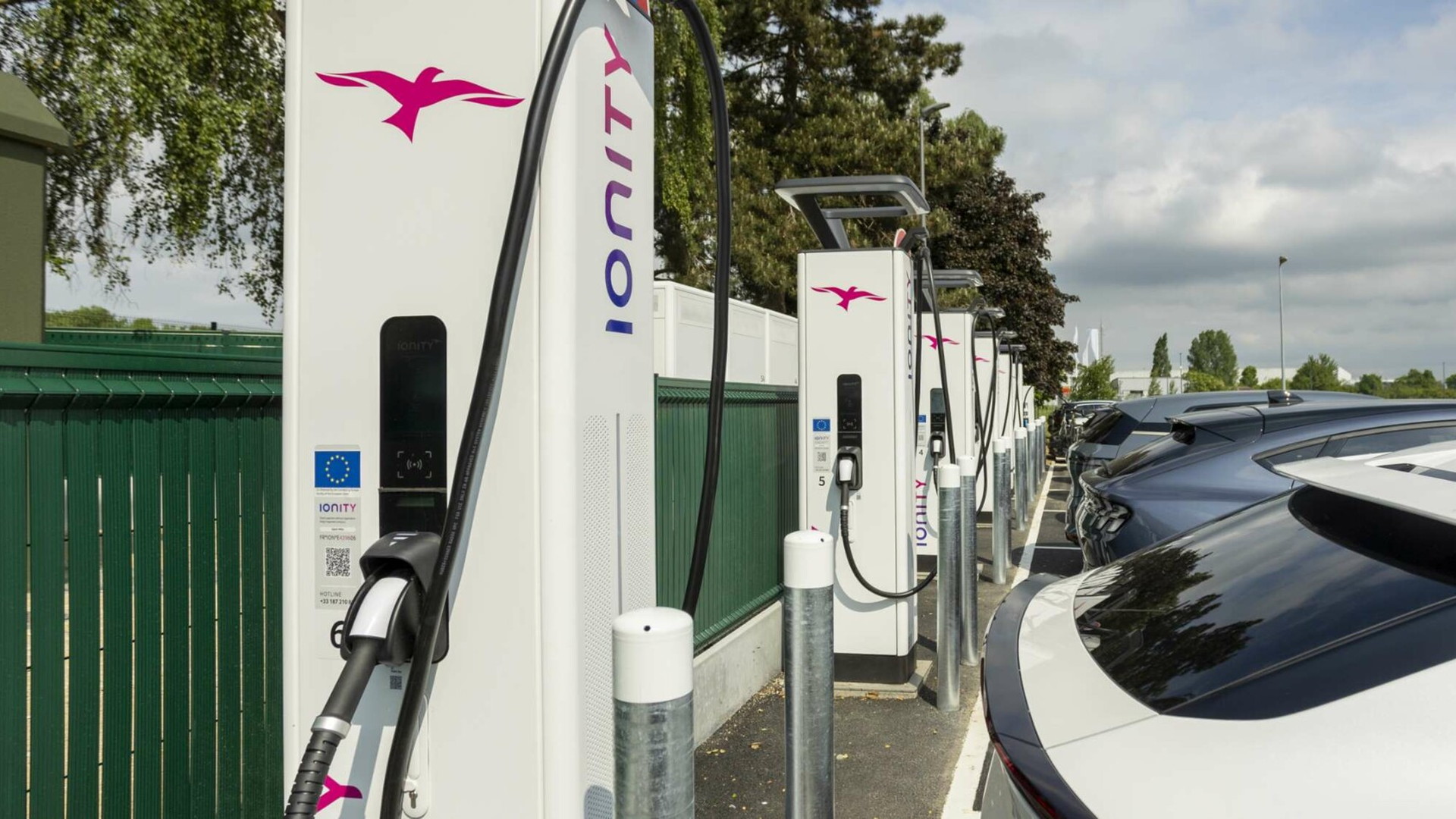This summer's drought across the midwestern U.S. may have an impact in an unexpected place: your gasoline tank.
Almost 200 members of Congress, and the governors of eight states, have called on the U.S. Environmental Protection Agency to suspend portions of the 2007 Renewable Fuel Standard that mandate production of certain volumes of ethanol for use in gasoline.
Their argument is that with lower corn production, those states' poultry and livestock industries will be hurt by diversion of feed corn to ethanol refineries to make mandated volumes of ethanol.
According to The Detroit News, the EPA is scheduled to decide whether to grant the waiver request sometime early in November.
Yesterday, Maryland Governor Martin O'Malley and Delaware Governor Jack Markell testified in favor of the waiver, telling the EPA their states faced the loss of "thousands of jobs" if it were not granted.
While two dozen academics and scientists who study food production testified for the waiver, the National Corn Growers Association came out against it.
The corn-industry trade group noted that the income of corn growers had risen substantially since the 2007 law took effect, almost 50 percent since 2007.
Corn prices have quadrupled since 2005 as ethanol production has soared in response to the mandate.
The 2007 law requires 36 billion gallons of ethanol to be used for U.S. vehicle fuel by 2022, or more than three times the 11.1 billion gallons used in 2010. The law will require a rise to 15 billion gallons of ethanol by 2015.
And a recent study indicates that already, requirements for advanced cellulosic ethanol cannot be met.
Parts of the food industry are fighting the mandate as well, saying that it destabilized prices of corn, soybeans, and wheat--causing them to rise--which hurts not only consumers but producers of food and fuel.
Last year, Congress ended subsidies for ethanol production, in place since 1980, as well as import tariffs on imported ethanol.
+++++++++++













